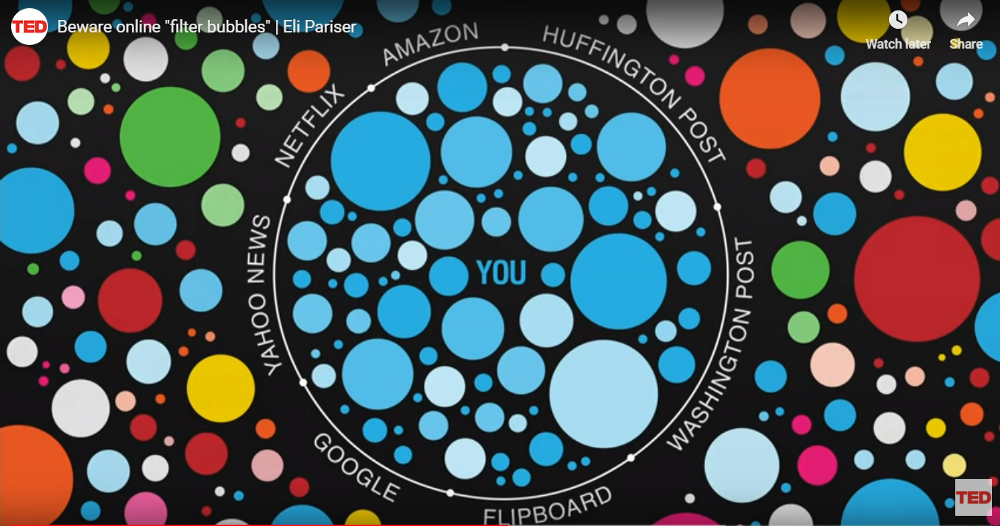Chapter 4 of Climate of Contempt discusses the academic literature on Internet “filter bubbles,” and how and why they wind us up emotionally. They close our minds to information and arguments that challenge our beliefs by making that information too emotionally difficult to hear. The introductory chapter of my book urges readers to power through that cognitive dissonance and read on, for two important reasons.
First, critically analyzing our own views is the key to deep understanding. Those uncomfortable critiques may or may not change our opinions or beliefs, but they can deepen our understanding. Second, American democracy depends upon a critical mass people who respect ideological pluralism. If we lose that — if within our respective bubbles we see our own views as the only respectable or legitimate ones — we have a big problem.
In the late 1980s a comedian named Jeff Foxworthy had great commercial success with a series of one line jokes, all of which began with the phrase “You might be a redneck if…“ As in, “You might be a redneck if your front porch collapses and more than three dogs are killed.“ The jokes were especially popular with rural white audiences in part because audiences perceived Foxworthy — a white man from Georgia with a pronounced, southern accent – as “one of us,”[1] and because the affectionate jokes took the sting out of the epithet (“redneck“).
The structure of those jokes was about stepping outside our own perspectives and discovering how others see might see us, and why. We need more of this in political debate.
Nobody likes to think that their political views are being distorted by censored information and social forces. But there is no shame in it, because it happens to all of us. In the Internet age we just have to work harder to fight against those forces. We have to audit our views more often to try to detect our own biases, and we have welcome outside challenges to our beliefs as a check on our biases.
So, with apologies to Foxworthy, and without any humor whatsoever …
You might be in an indeogical bubble if …
- … reading news about the difficult parts of the energy transition makes you so emotionally uncomfortable that you have to stop reading.
- … when confronted with opposing views, your brain searches first for ad hominem ways to discredit the source before it tries to understand those opposing views.
- … you find yourself hating people who disagree with you about the energy transition.
- … you ascribe ill will or ignorance to voters who vote for the other party because you can’t imagine any other reason for their votes.
- … you find yourself using ridiculous hyperbole to describe policy adversaries (“idiots” “sociopaths”).
- … you rarely if ever talk to people from the opposing party about politics because you assume you already know what they are going to say.
The concluding chapter of my book discusses scholarship from a variety of disciplines that offer prescriptions for this insularity problem. But they boil down to simple, human things like treating each other with open-mindedness, grace and kindness. Getting away from the online world more often helps too. — David Spence
—————–
[1] In truth, Foxworthy attended Georgia Tech University and was the son of an IBM executive. But his southern accent is pronounced and, no doubt, he was playing to a stereotype into which others assumed he fit. Lots of people hide their wealth, intelligence, or cosmopolitanism for commercial reasons. If we prohibited them from doing so, there would be many fewer NASCAR drivers or country music singers.


